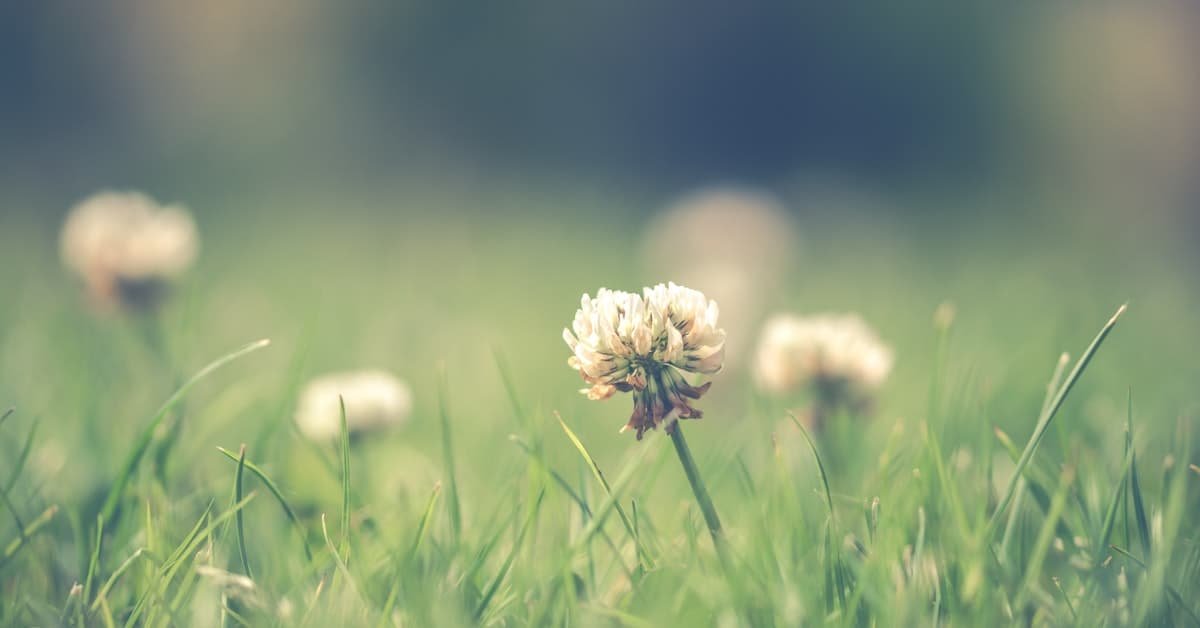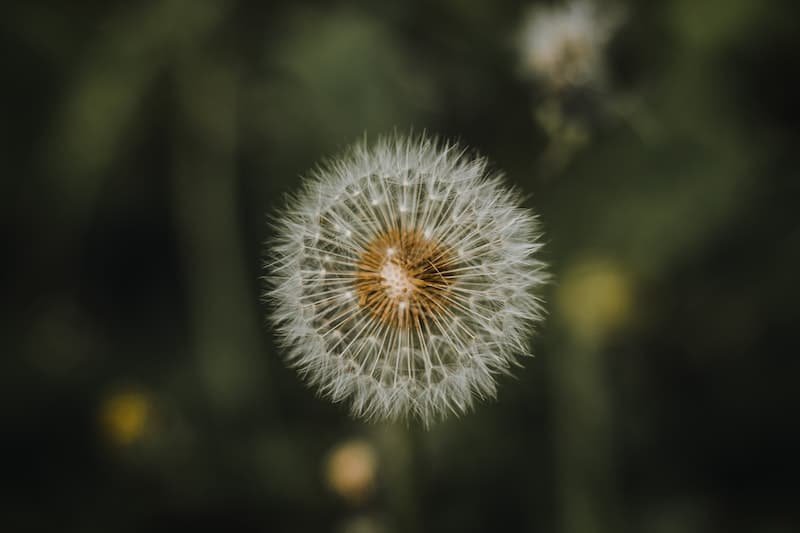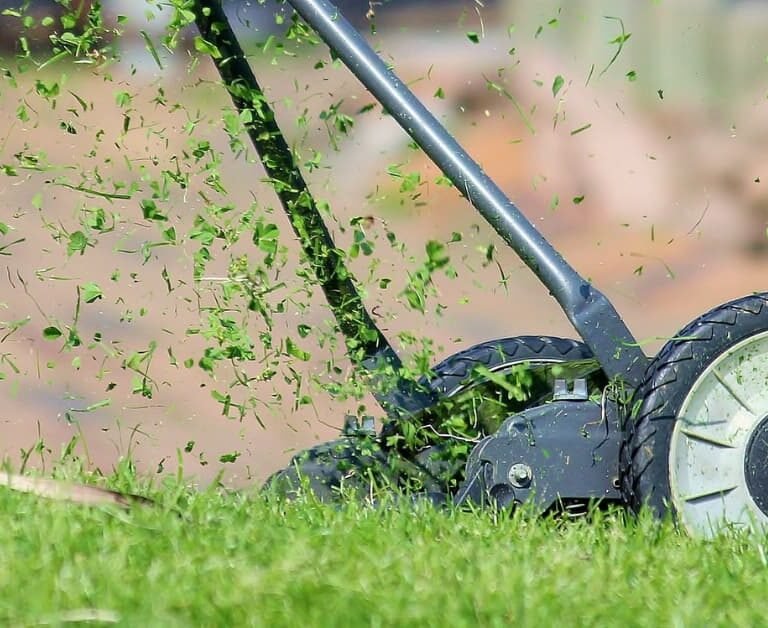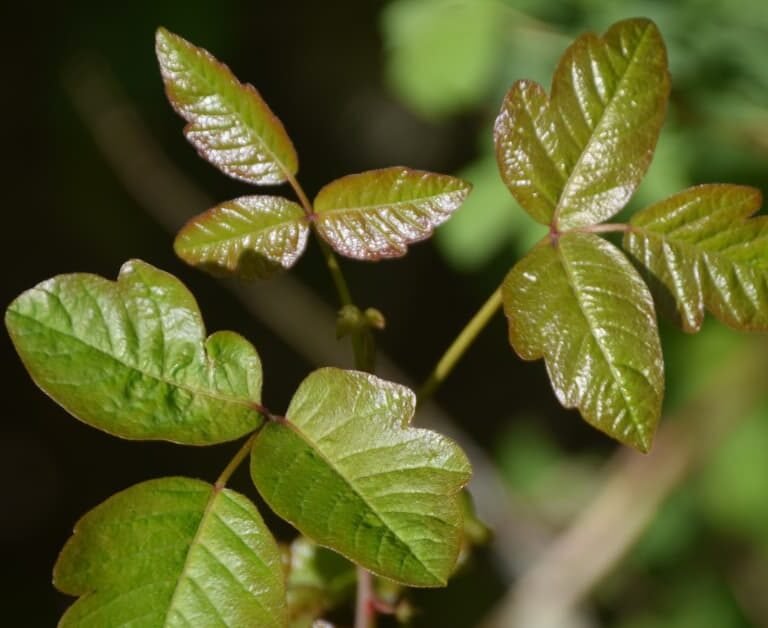
Do you ever find yourself wondering if those pesky weeds in your yard will finally disappear during the winter months?
Well, wonder no more! In this article, we will look into the world of winter survival strategies used by weeds.
We will unravel the mysteries behind their ability to withstand even the harshest of cold temperatures.
Winter Survival Strategies of Weeds
Do weeds die in the winter season? Did you know that some weeds can survive the tough winter conditions?
Even in freezing temperatures, these tough plants have ways to survive and keep going.
Winter weed adaptation is a phenomenon that involves a combination of physiological and behavioral changes.
One common strategy employed by weeds during winter is going dormant. As some animals hibernate, certain weed species enter a state of dormancy.
During this hibernation, they slow down their growth processes and conserve energy. During winter, they can endure the cold weather and lack of sunlight.
Additionally, some weeds develop protective mechanisms like a waxy coating on their leaves. Also, specialized tissues act as insulation against freezing temperatures.
To control weeds in cold weather, you need to know their survival strategies.
In winter, most plants die or become dormant. Weeds, however, can keep growing if allowed.
During the winter, weeds may not be as visible, but they’re still present.
To plan your weed control efforts, learn how weeds adapt and survive during this tough season.
Common Winter Weed Species

In the colder months, common weeds can grow well even in cold weather.
During winter, it’s important to identify and control weeds because they keep growing and spreading.
Weeds take advantage of the weakened condition of other vegetation. One example of a common winter weed is the dandelion (Taraxacum officinale).
In spring, dandelions remind us of sunny days. But in winter, they use a clever survival strategy.
Their deep taproots allow them to access nutrients buried beneath the frozen ground. Also, their rosette-like growth pattern helps protect them from harsh weather conditions.
Chickweed (Stellaria media) is another resilient winter weed. This weed forms dense mats on lawns and gardens throughout the season.
Chickweed has small white flowers. Its green leaves are tender and can survive freezing temperatures.
It’s interesting to watch how winter weather affects weed growth. Some weeds actually do well in cold climates.
We know annual bluegrass (Poa annua) because it can grow in low temperatures.
Because it’s small, it can hide among plants or under snow, protecting it from freezing winds.
Winter Weed Control Methods
To prevent weeds from taking over your garden during winter, here are a few effective methods you can try.
Before winter arrives, remove any weeds to stop them from spreading and growing in spring.
Another option is to mulch your garden beds. Mulch stops weeds by blocking sun and insulating soil.
Lastly, consider using herbicides or other chemical controls designed for winter weed control. Follow label instructions to ensure safe and effective use.
Pre-Winter Weed Removal
Before winter hits, tackle those pesky weeds head-on. Nobody wants them coming back stronger than ever in the spring.
To stop weeds from growing again, you need good strategies to prevent them during winter. One of the best ways to do this is by removing any existing weeds before the cold weather sets in.
Start by inspecting your garden and identify any weeds that have managed to take root.
Use a hand tool or a sturdy pair of gloves to pull them out from the roots. Ensure that you remove as much of the plant as possible.
Be meticulous in your approach, making sure no trace of weed remains behind. Additionally, consider applying a layer of mulch around your plants.
Mulch stops new weeds by covering and stopping their seeds from growing.
To prevent weed problems in spring, follow these steps to remove weeds before winter.
Remember, prevention is key when it comes to keeping weeds at bay during the winter months.
Get ahead of the game and have a stress-free garden when the weather warms up.
So grab your tools and get rid of those weeds before they have a chance to hibernate and cause trouble later on!
Mulching and Protective Coverings
Mulching and using protective coverings can prevent the growth of unwanted plants in your garden throughout the colder months.
By applying a layer of mulch around your plants, you create a barrier that helps to suppress weed growth. Mulching offers several benefits for your garden.
Benefits include conserving soil moisture, regulating soil temperature, and improving plant health.
Mulch prevents weeds by blocking sunlight from reaching the soil. This is where weed seeds typically germinate.
To protect your garden from winter weeds, try using various types of coverings.
One option is to lay down landscape fabric or plastic sheeting over the soil before adding mulch.
These materials add another layer of protection against weeds by stopping weed seeds from touching the soil.
Another alternative is using straw or hay as a natural protective covering. These organic materials help suppress weed growth. They also provide insulation for your plants during freezing temperatures.
Additionally, you can place cardboard or newspaper underneath the mulch. This is another method to smother weeds and prevent them from taking root.
To keep your garden looking nice in the winter, use mulching and protective coverings.
It also ensures its safety from invasive weeds throughout the colder months.
Herbicides and Chemical Control
Another option to control unwanted plants in your garden is to use herbicides and chemicals.
Herbicides target specific types of weeds, ensuring that they don’t harm your desired plants.
By applying herbicides to the leaves or stems of weeds, you can kill them off and prevent their regrowth.
When choosing a herbicide, it’s important to consider its effectiveness and environmental impact.
Some herbicides work by preventing weed growth. Other herbicides destroy their cell membranes or interfere with their metabolic processes.
Select a herbicide that’ll kill the particular type of weed you’re dealing with.
When using herbicides, it’s important to consider their environmental impact. Some herbicides may have negative effects on beneficial insects, birds, and even humans if not used properly.
It’s important to follow the instructions provided by the manufacturer. Also, take appropriate safety precautions when using these chemicals.
By utilizing herbicides, you can control weeds in your garden without causing harm to the environment.
Always remember to choose a herbicide that targets the specific type of weed you want to eliminate. Follow all safety guidelines and instructions for its application.
By taking good care of your garden, you can keep it free of weeds. This way, you will also reduce any harm to the environment nearby.
Preventing Winter Weed Growth
Winter is a great time to take proactive steps in preventing weed growth. By implementing winter weed prevention techniques, you can ensure a weed-free lawn when spring arrives.
One effective method to prevent winter weed growth is by practicing proper lawn care. This includes regular mowing and removing any fallen leaves or debris from your lawn.
Weeds thrive in areas with poor lawn health. By keeping your grass well-maintained, you create an environment that discourages their growth.
Furthermore, it’s important to maintain healthy soil by aerating and fertilizing your lawn. Healthy soil promotes strong grass growth, leaving less room for weeds to take hold.
Don’t wait until spring to address those pesky weeds—start now and reap the benefits later!
Springtime Weed Management
When spring arrives, your lawn will come alive with vibrant green grass and colorful flowers. But it’s important to be prepared for managing any unwanted plants that may pop up.
Springtime is a prime season for weed growth. The warmer temperatures and increased rainfall create the perfect conditions for weeds to thrive.
To ensure that your lawn remains free of weeds, here are several organic weed control methods you can use.
Regular mowing can help prevent weed growth by reducing their access to sunlight and limiting their ability to reproduce.
It’s recommended to keep your grass at a height of about 3 inches. This will shade out the weeds and promote healthy growth.
Hand-pulling weeds is an effective method, especially when done after rain or watering when the soil is softer.
Be sure to remove the entire root system of the weed to prevent regrowth.
Mulching can be a great way to suppress weed growth by smothering them and preventing sunlight from reaching their seeds.
Organic materials such as straw or wood chips can be used as mulch around plants and in garden beds.
Get ready for spring by taking measures against unwanted plants – your lawn will thank you!
FAQs:
Are there any winter weed species that can survive extremely cold temperatures?
Yes, there are winter weed species that can survive extremely cold temperatures.
These weeds can survive freezing conditions, even in harsh winter months, because they are frost-resistant.
Can weeds still grow and spread during the winter months?
Yes, weeds can still grow and spread during the winter, even in cold temperatures. To control them without harsh chemicals, try removing them by hand or using organic weed killers.
How can I control winter weeds without using harsh chemicals?
Try natural weed control methods and organic weed management techniques. These safe alternatives can help keep your garden free from weeds while prioritizing safety.
What are some preventative measures I can take to minimize winter weed growth in my garden?
Take preventative measures with organic weed control. Use mulch to suppress weeds, pull any emerging weeds, and consider using cover crops to smother weed growth.
During the spring, which techniques should you implement to prevent weed growth throughout the year?
To prevent weed growth all year, use preventive measures in the spring.
Use organic weed control techniques like mulching and hand-pulling. These methods will keep your garden safe from unwanted invaders.




